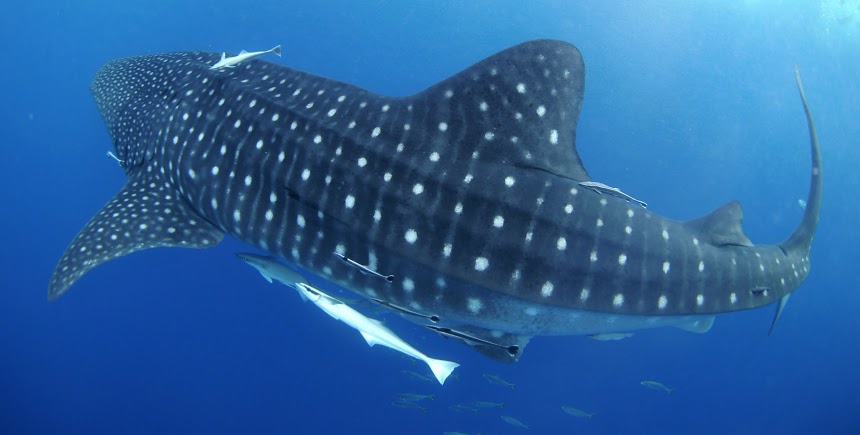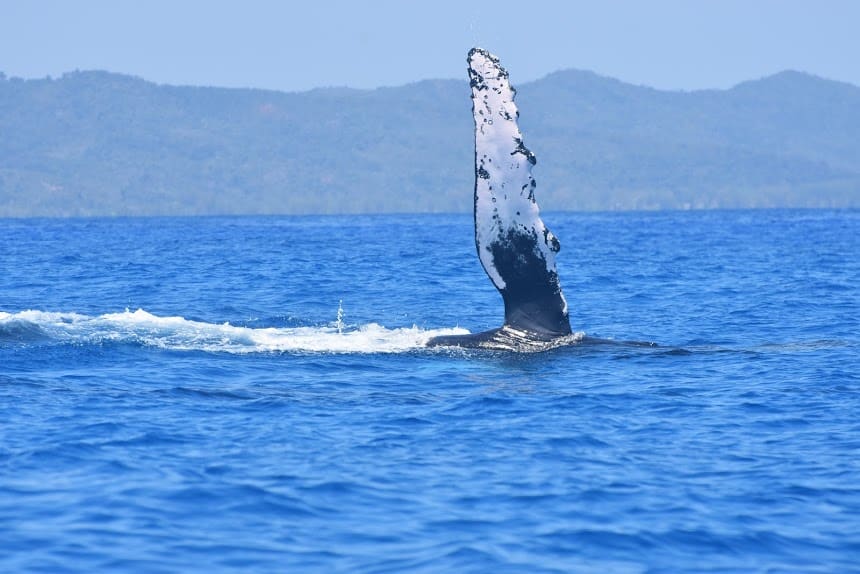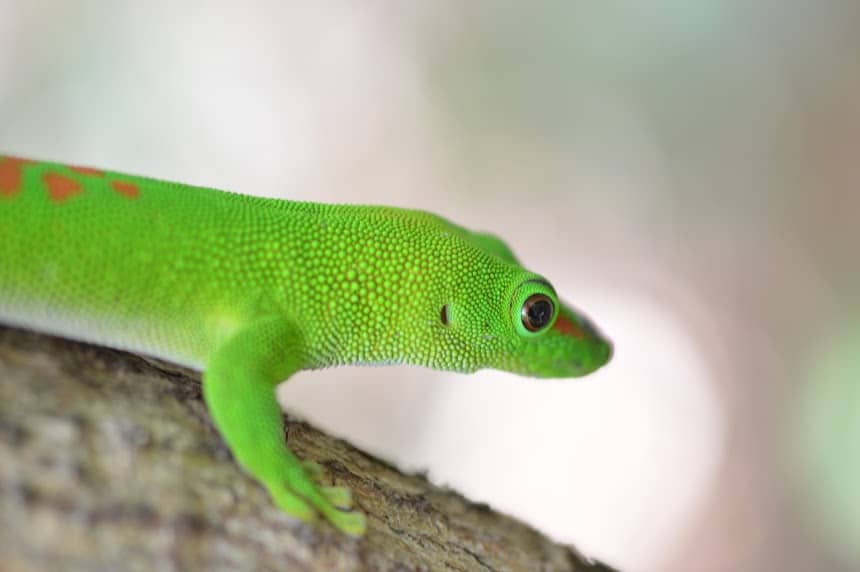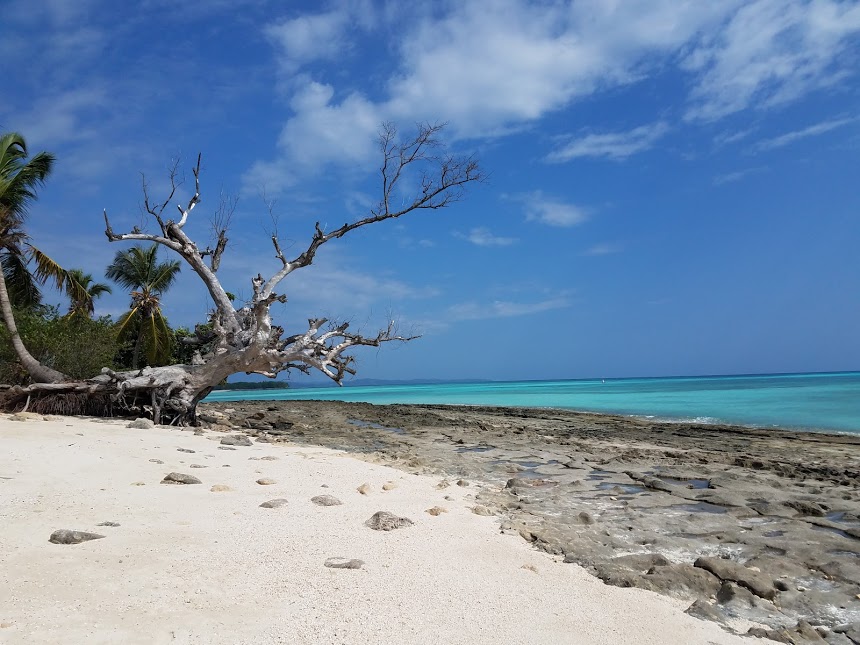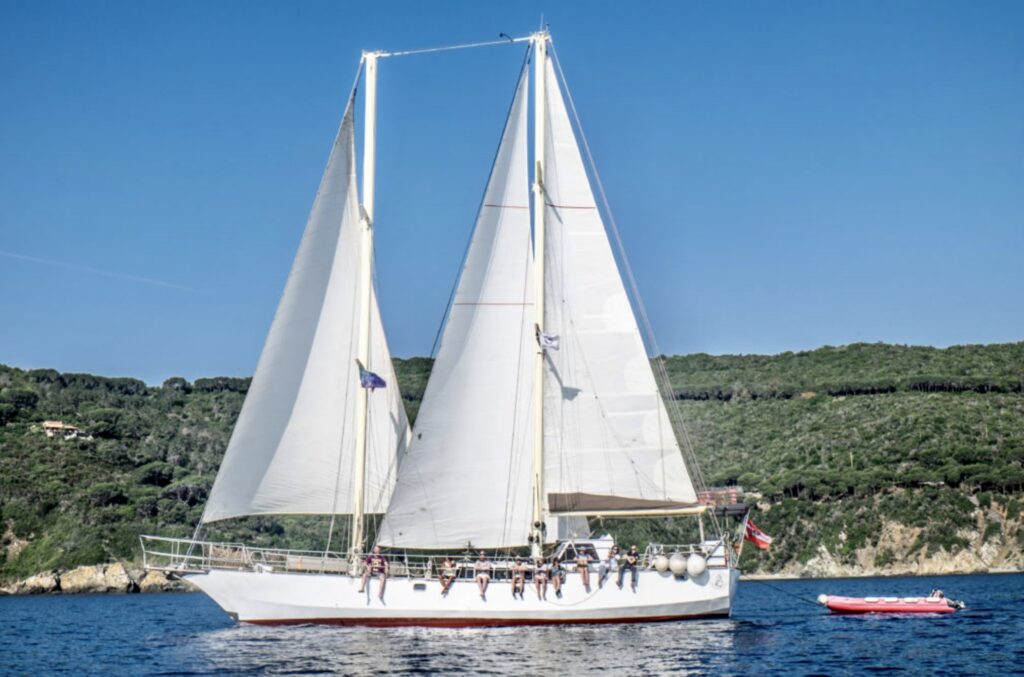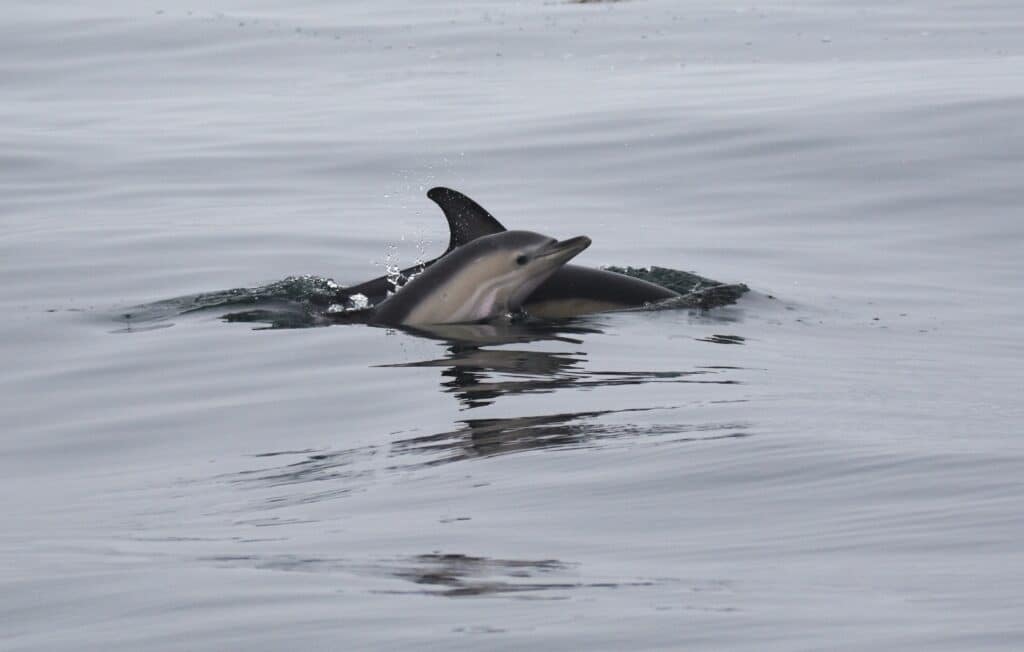Partez étudier le requin baleine à Madagascar sur l’île de Nosy Be. Un voyage scientifique dans les eaux du bord du canal du Mozambique, un lieu où la biodiversité marine est particulièrement riche. Toutes les missions cétacés ici.
Étude du requin-baleine dans le canal du Mozambique
Le projet de recherche consiste étudier les différentes espèces de cétacés des eaux de Nosy Be, une île Malgache située dans le canal du Mozambique. A ce jour, la mégafaune marine est très peu étudiée dans cette partie de l’océan Indien, en particulier le requin-baleine qui est très présent dans la région. Mener des programmes de recherche scientifique permettra de mieux protéger cette mégafaune marine, en adoptant des mesures de protection adaptées.
Le requin aux mille étoiles
L’étude des cétacés donne lieu à un travail de photo-identification. Chaque espèce peut en effet être identifiée grâce à une partie unique de son corps. C’est la nageoire caudale pour les baleines et la nageoire dorsale pour les dauphins. Les requins baleines, quant à eux, sont identifiés grâce à une combinaison unique de taches entre les nageoires pectorale et dorsale. Ce sont ces taches qui leur vaut le surnom de requin aux mille étoiles.
Analyse du déplacement des individus
Les photos collectées sont entrées dans une base de données déjà existante. Elles permettent de compléter des informations sur la localisation et le comportement des individus observés. Une fois analysées, les données collectées donne une idée des déplacements des individus à différentes échelles. Notre partenaire travaille avec La Madagascar Whale Shark Project Fondation pour le requin baleine.
Observation de la mégafaune marine
Les journées seront rythmées par des sorties en mer dans la baie de Nosy Be, à la recherche de la mégafaune marine. Pendant 11 jours, vous procèderez au recensement et à l’identification des différentes espèces dont le requin baleine et la tortue verte. Vous embarquerez sur de petits bateaux à moteur. Le matin, les observations se concentreront sur les espèces marines que vous apprendrez à identifier et photographier.
Recherche des tortues vertes
L’après-midi sera consacrée à la recherche des tortues vertes. Vous devrez les dénombrer et évaluer l’état de leur environnement. Les tortues vertes de Nosy Be vivent dans un écosystème constitué essentiellement d’un herbier marin qui est actuellement détérioré par des activités touristiques. Or, sans le maintien de cet herbier, les populations de tortues vertes ne peuvent pas survivre.
En fin de journée, de retour sur terre, vous analysez et classez les photos prises pendant la journée. Un bivouac de deux jours et une nuit est prévu à Nosy Iranja afin d’étudier la mégafaune marine de ce lieu isolé.
Ce que vous apprendrez pendant le séjour
Vous apprendrez pendant ce séjour de sciences participatives l’importance de la photo-identification pour l’étude des cétacés. Vous serez capable d’établir un inventaire de la biodiversité selon un protocole scientifique. Vous apprendrez à identifier les différentes espèces ainsi qu’à les localiser là l’aide du GPS.
- Du 22 octobre au 1er novembre 2025
- Tarif : 3965 € – 1348 € après déduction fiscale
- Non compris dans le tarif
Billets d’avion
Assurance voyage
Effets personnel
- Compris dans le tarif
Logement
Nourriture
Encadrement par deux éducateurs scientifiques
Déduction fiscale *
L’ONG partenaire Objectif Sciences international est reconnue pour le caractère qualitatif, utile, solidaire et éducatif de ses séjours et formations dédiés à la résolution des objectifs du développement durable. L’ONG fonctionne sur le principe du don-action. Une personne fait un don et participe à une action de l’ONG. A noter que la personne qui fait le don peut être différente de celle qui agit. A ce titre, le coût de la formation ou du séjour scientifique est déductible des impôts à hauteur de 66 % en France .
- A partir de 16 ans – adultes
- Langue : français et anglais
- Logement
Vous serez hébergé à l’hotel Ylang, en chambre, équipée de moustiquaire. Lors du bivouac, la nuit se passera en bungalow, également équipé de moustiquaires.
- Les déplacements
Les déplacements se feront pieds et en bateau. Pour se rendre à la réserve, vous emprunterez des taxis brousse.
Vous séjournerez sur une très belle île au large de Madagascar avec une faune et une flore unique. Pendant votre séjour vous pourrez observer, en plus de la tortue verte et du requin baleine :
La baleine à bosse, le dauphin tacheté pantropical, le dauphin à bosse, le grand dauphin, le dauphin long bec, le globicéphale tropical, la tortue imbriquée, la tortue luth, le rorqual d’omura, la raie mobula, la raie manta…
Vous découvrirez également les richesses de la culture malgache
Tous les avis des missions d’Objectif Sciences international

L’ONG partenaire
L’ONG partenaire Objectif Sciences international a le Statut Consultatif Spécial auprès de l’ONU (ECOSOC) et est Membre de l’AAAS Science and Human Rights Coalition. Spécialisée dans les séjours scientifiques, la science et la recherche participative, l’ONG considère que l’éducation est le moteur des Objectifs du développement durable. Elle propose différents séjours en science participative, pour les adultes et les mineurs. Tous les programmes OSI ici

